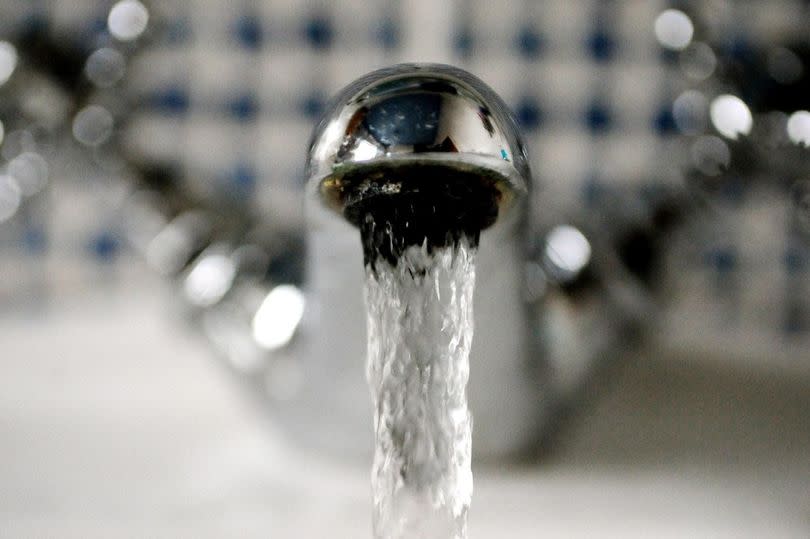Toilet tricks and shower shortcuts could save up to £410 as United Utilities water bills to soar

The cost of living crisis hasn't gone away. And families all over the UK are still struggling with soaring bills and pricey food.
Now, water bills are just one of a number of areas where people could be hit with bigger costs. Thames Water, which currently services 16 million people, has warned some customers may see price increases of up to 44 per cent as they look to fix several leaks. Meanwhile, another water company, United Utilities, has revealed that their customers are set to see their bills rise by around eight per cent in 2024/25.
As a result, Cheryl Risdon of Assisted Living, has outlined five ways people can reduce their water consumption around the home, lowering their bills significantly.
READ MORE
'Danger to life' warning issued as eight hours of thunderstorms to batter Lancs
Paris Fury forced to take 'reality check' on UK staycation with 7 kids
This is what she recommends:
Upgrade to Water-Efficient Fixtures
This may cost a bit initially, but in the long term, updating your bathroom fixtures can save you significant money. Older toilets, showers, and faucets can use considerable amounts of water, and unusually high water bills may be an indicator that it's time to upgrade to water-efficient fixtures to reduce consumption without sacrificing performance.
Look for toilets with a dual-flush mechanism, as they allow you to use less water for liquid waste, while installing low-flow showerheads and aerators on taps to decrease water flow will also add up to substantial savings over time.
Annual Saving: Up to £120
Install a Water Meter
Water meters have risen in popularity in recent years, and can provide valuable insights into your water consumption habits. Unlike the traditional method of paying your water bill, a meter allows you to pay for the exact amount of water you have used.
This extra control and insight should encourage you to be more mindful of your water consumption and also means you are then able to detect and fix leaks promptly, preventing wastage and unexpectedly high bills.
Annual Saving: £50 - £100
Harvest Rainwater for Outdoor Use
It may seem a tad extreme, but making use of rainwater will help you reduce your water consumption, lower your bills, and do your bit for the environment. Installing a water butt will allow you to collect rainwater for outdoor activities like gardening or washing your car.
Collecting rainwater reduces demand on the mains supply and can be used for non-potable purposes (basically, just don't consume it). And if you do invest in a water butt, connect it to your gutter downpipe so you are collecting the water as efficiently as possible.
Annual Saving: £30 - £60
Shorter Showers
A nice, long, warm shower at the end of the day is a luxury that many people look forward to following a hard day at work, but those minutes of relaxing can really add up. By shortening your shower by just 2 minutes, you could save around 40 litres of water per shower.
Another way you can make your shower far more cost-effective is by installing a water-efficient showerhead. Similarly to water meters, these have risen in popularity of late and restrict water flow without compromising pressure, potentially saving you an additional 20 litres per minute.
If you are a family of four, and each of you shower daily, then you could be saving up to £100 a year on your water bill.
Annual Saving: £70 - £100
Toilet Trick
Toilet trivia isn't everyone's cup of tea, yet many people would be shocked to learn that most modern toilets use a huge six litres of water per flush.
If you can replace your loo with a low-flush model it will save two litres a go, making it an excellent long-term investment, there's something else you can try in the meantime. Simply place a weighted plastic bottle filled with water in the cistern, as this displaces some of the water used per flush, potentially saving you £20 to £30 a year.
Annual Saving: £20 - £30

 Yahoo News
Yahoo News 
